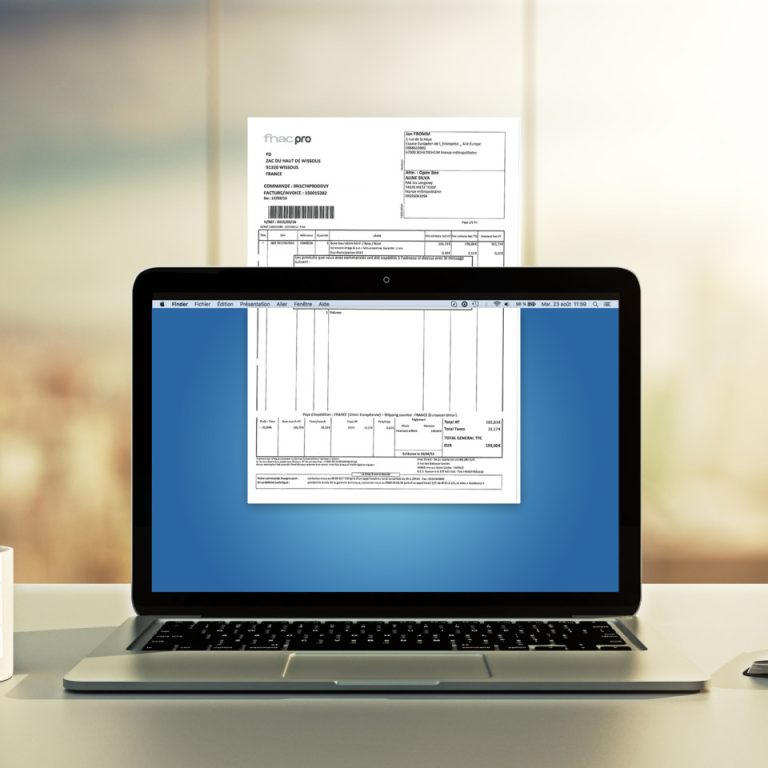Electronic invoicing in El Salvador

The Legislative Assembly of El Salvador approved multiple reforms to the Tax Code, whose main objective is to adapt the legislation for the implementation of electronic invoicing at a national level and some other points that according to the Tax Authority seek to improve the control of tax obligations.
With the above, El Salvador seeks to be aligned with the strategies followed by countries such as Chile, Argentina, and Mexico, which have led the implementation of electronic invoicing in Latin America.
Electronic invoicing seeks advantages both for the Tax Administration, by improving its tax obligation control tools, and for taxpayers, since the current physical invoicing system requires documents to be printed and delivered physically by the issuers, are not in line with the current requirements of electronic commerce and trade facilitation in general. Among the main advantages for the business sector are the following:
- Strengthening of electronic commerce;
- Savings in printing and distribution costs of physical invoices;
- Savings in costs of physical storage of invoices and tax documents.
There is no doubt that in the coming months, the country’s taxpayers will have to focus human and economic resources to be able to adjust their systems and operations to the new requirements of the Tax Code, especially if we consider the statements made by the Tax Authorities, which seek to migrate the entire universe of taxpayers to the electronic invoicing system within the next 18 months and are currently waiting for the corresponding regulatory provisions to be issued, in order to be certain of the form and terms for the incorporation of taxpayers to the new invoicing modality.
Taking into consideration the aforementioned deadline and the potential investment of human and economic resources for its implementation, it is advisable for companies to start preparing for electronic invoicing, mainly in the last quarter of 2022, so that they can size the operational changes that the new modality will imply and the time required to adapt to the new system, as well as making an estimate of the implementation costs, to be considered in their corporate budgets for 2023 or 2024, as the case may be.
 Mauricio Orellana
Mauricio Orellana
mauricio.orellana@garciabodan.com
Senior Associate
García & Bodán
El Salvador

